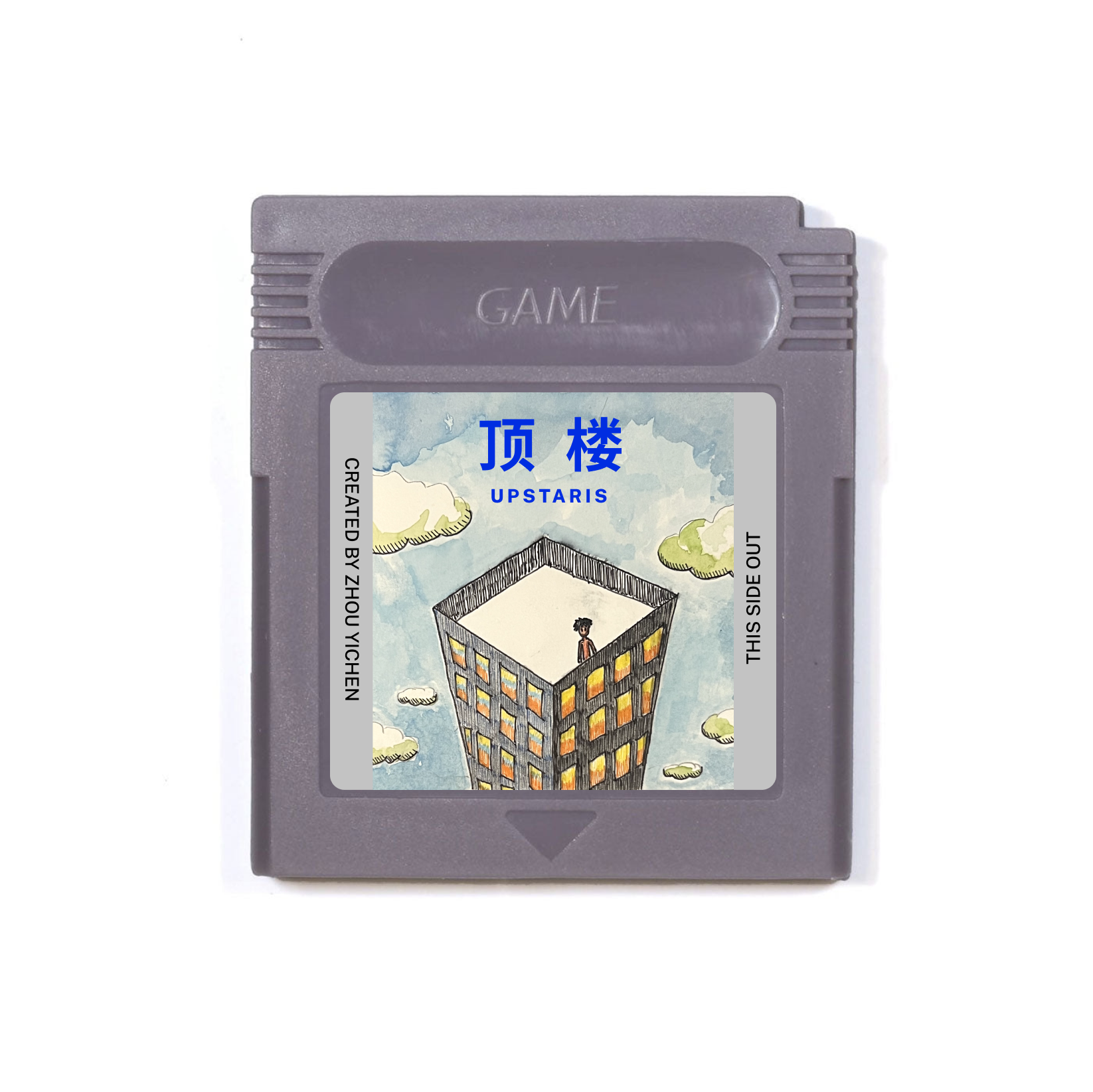Chinese artist creates retro Nintendo Game Boy game to remember late grandmother
Video games can be designed to express deeply personal art, Zhou Yichen says
Your support helps us to tell the story
From reproductive rights to climate change to Big Tech, The Independent is on the ground when the story is developing. Whether it's investigating the financials of Elon Musk's pro-Trump PAC or producing our latest documentary, 'The A Word', which shines a light on the American women fighting for reproductive rights, we know how important it is to parse out the facts from the messaging.
At such a critical moment in US history, we need reporters on the ground. Your donation allows us to keep sending journalists to speak to both sides of the story.
The Independent is trusted by Americans across the entire political spectrum. And unlike many other quality news outlets, we choose not to lock Americans out of our reporting and analysis with paywalls. We believe quality journalism should be available to everyone, paid for by those who can afford it.
Your support makes all the difference.When Chinese artist Zhou Yichen saw his grandmother’s health deteriorate in July, he sought to memorialise her in an unusual way: by creating a Nintendo video game featuring her as a character.
The short game, aptly titled Grandma, was developed for the Game Boy platform, which carries an added tinge of nostalgia for people who grew up in the 1980s and 90s, like Mr Zhou.
In the game, players can interact with the titular character, designed after Mr Zhou’s grandmother, who became a wheelchair user late in life following an accident.
The player can share a meal with grandma, join her for a chat at home or even take a stroll together in different stages of the game.

“My grandma is a kind and strong woman. She always smiles whenever you see her, no matter how much she has endured. She raised three children by herself. Her life was simple,” the artist tells The Independent.
“Before she fell, she cooked and did housework every day, watched TV and went to bed. My grandma and grandpa took care of me until I was three years old,” he says.
It all started for Mr Zhou in 2020 when he was studying art in New York.
The 31-year-old from central China’s Hubei province says he has been experimenting with designing video games as a form of deeply personal artistic expression since the start of the Covid-19 pandemic.
When the pandemic hit, and college courses turned to online classes, he still had to keep creating art due to his major, despite campuses and studios being closed.

Having no option but to create art in his tiny apartment, he says he was forced to look beyond traditional creation tools.
One evening, he suddenly got the idea to explore video games as a canvas for creating art.
It was initially a challenge due to the cross-disciplinary nature of the idea, but after days of learning game-related software and drawing tools, he says he could experiment better with creating games as an artistic medium.
So far, the Chinese artist has created 100 artworks using video games, including one about his life with his parents.
About six months ago, Mr Zhou’s grandmother suffered an injury after experiencing a fall at home that forced her to spend her remaining days in bed.
“She was already very weak. She didn’t want to eat or get up. When I noticed that my grandma’s body and mind were not as good as before, her memory began to deteriorate, and her body became weak and powerless, I decided to use games to record my life with my grandma,” Mr Zhou says.
“I have many memories with my grandma, and it was always meaningful to be with her,” the artist says, adding that the game was an effort to cherish the last moments spent with her.
“Thank you [for taking] care of me during this time,” the grandmother character says in the game’s final scene as she ascends towards heaven.
“I will miss you forever grandma,” the player replies.
The five-minute game is already receiving a lot of love from creators.
“I am surprised that my work has received so much attention and love from so many people,” Mr Zhou says.
“At first, this work was a very personal experience. I just saw it as a work to commemorate my grandmother. However, I found that no matter how personal the emotion is, it is common among people,” he says.
The deeply personal connection he had with the Game Boy console and the abstract nature of its pixels made him choose the Nintendo platform for the purpose, he says.

“I would play Game Boy with my classmates at school before going home. I think I had an indissoluble bond with it at that time. And as I grow older, this feeling becomes stronger because it is a part of my childhood,” Mr Zhou tells The Independent in an email.
“Pixel games can be abstract, using particles to describe a specific thing. This is very important. I think abstract, fuzzy things have richer emotions,” the artist explains.
He believes his recent work is proof that video games can be a deeply personal art form for recording people and things, as well as an entertainment format.
“I believe that video games have many functions besides entertainment and competition, and expressing personal emotions is one of them,” Mr Zhou says.
“Through this kind of work, more people can remember their loved ones. I also think that this work is of great significance and can arouse the true love and conscience in people’s hearts,” he adds.

Join our commenting forum
Join thought-provoking conversations, follow other Independent readers and see their replies
Comments